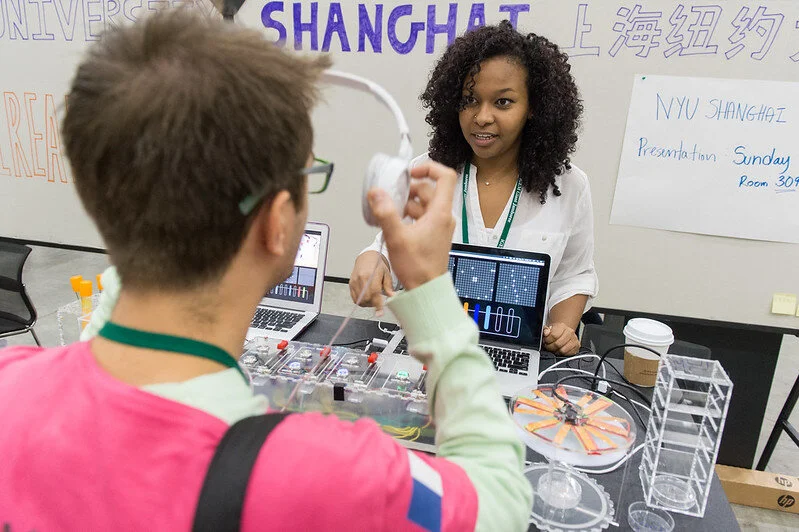With over 5,000 views (and counting!), iGEM TV will take you on synthetic biology journeys from the heart of the tropical forests, to the bottom of the oceans, and even the soil on Mars.
Welcome!
This blog is where we share stories, announcements, and insights from around the iGEM community.





















